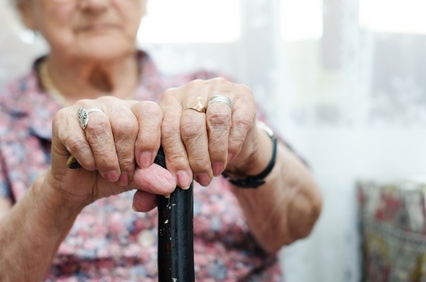Nation faces older people homelessness 'time bomb', Councils warn
Date published: 16 October 2017

Nation faces older people homelessness 'time bomb', Councils warn
The nation is facing a 'ticking time bomb' in the number of homeless older people after latest figures showed an alarming rise of 130 per cent since its lowest point eight years ago, councils warn.
The Local Government Association says that older homelessness is a growing hidden phenomenon that needs greater understanding.
Latest figures show that between April and June this year, councils accepted 620 people aged over 60 as homeless – at a rate of nearly 10 a day. This is up from the 270 accepted between October and December 2009, which was the lowest number since records began in 2005.
The LGA, which represents more than 370 councils in England and Wales, is warning that based on existing trends, this is set to double by 2025.
Older homeless people are presenting to councils with a range of complex health conditions. Physical and mental health problems, alcohol abuse and gambling problems are contributory factors in later life homelessness, along with the death of a close relative, relationship breakdown, accommodation being sold or needing repair, and rent arrears.
Councils often cite the rapidly increasing rents and stagnating household incomes as key factors driving the increase. Older people experiencing homelessness are also more likely to suffer from mental illness or depression.
The LGA’s new report The impact of homelessness on health, launched today at its National Children and Adult Services Conference in Bournemouth, says that the rising number of older homeless will create significant extra pressures for councils, such as in providing housing and social care.
While there is an understanding of the link between homelessness and health for young people, little is known about those experiencing homelessness later in life.
The LGA is calling for government to address the undersupply in specialist housing for older people, and an adaption to the implementation of welfare reforms to reduce the risk of homelessness. It says councils need to be able to borrow to invest in new council housing to increase supply, boost home ownership and reduce homelessness.
Councillor Barbara Brownridge, Cabinet Member for Neighbourhoods and Communities, said: “Oldham, like councils across the country, has seen an increase in the number of households approaching us and being accepted as homeless. This has increased demand on services.
“Since 2015 the number of households accepted as homeless has increased year on year, and this will undoubtedly include some households aged over 60.”




